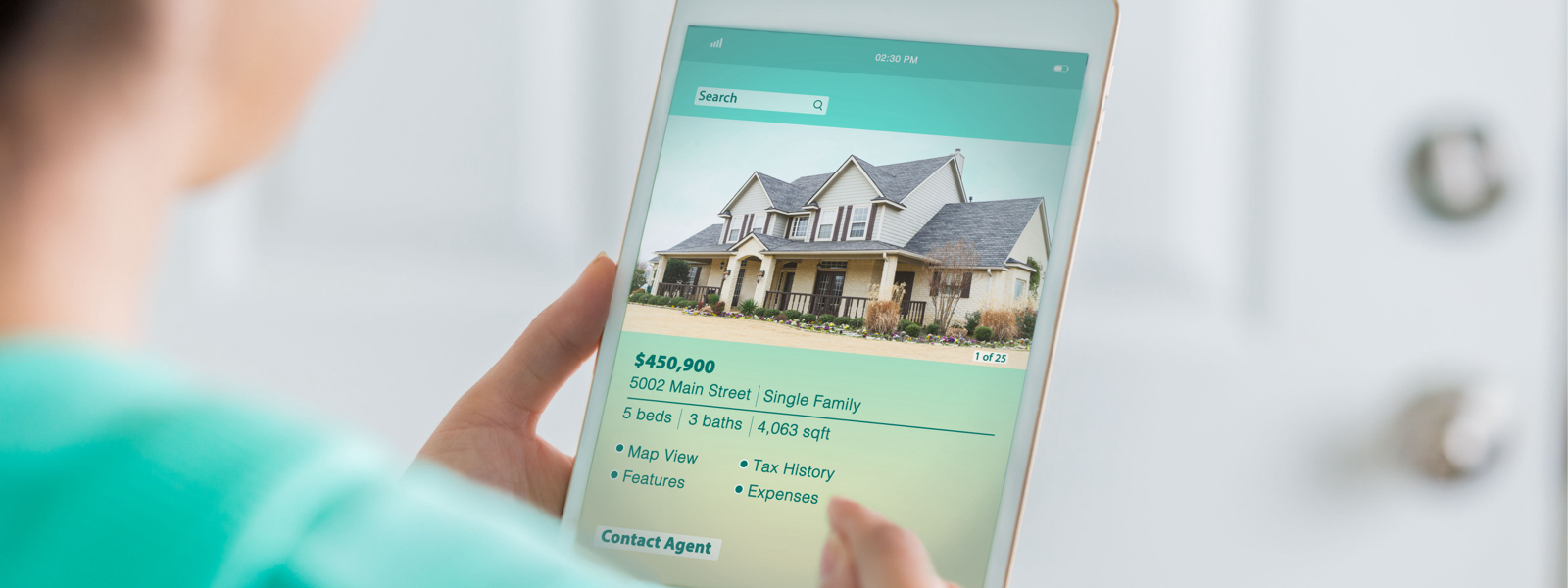Estimated reading time: 5 minutes
Purchasing a home is one of the most meaningful financial decisions you can make. As you do, a key factor to consider is how much of a mortgage payment you can comfortably pay. Here are some guidelines to help potential homebuyers determine what percentage of income should go toward their payment.
Understanding your percentage of income for mortgage payments
A good rule of thumb for mortgage payments is that they should be based on a percentage of your gross income.
Gross income refers to the total amount of money you earn before any deductions such as taxes, insurance premiums, or retirement contributions. It includes your salary, bonuses, commissions, and any other sources of income.
By comparison, your net income is the amount you receive after all the deductions are made.
The 28/36 rule: A common housing expense ratio
To determine how much of your gross income should go toward your mortgage payment, consider the 28/36 rule. This time-tested rule suggests that:
- Your monthly housing expenses, including your mortgage payment, property taxes, homeowner’s insurance, and any association fees, should not exceed 28% of your gross monthly income.
- Your total monthly debt payments should not be more than 36% of your gross monthly income. That includes housing expenses along with other debts like credit card payments, auto loans, and student loans.
Let’s break down these percentages:
- 28% for housing expenses: This means that if your gross monthly income is $5,000, your total housing expenses should ideally not exceed $1,400. $5,000 x 0.28 (28%) = 1,400.
- 36% for total debt payments: For the same $5,000 gross monthly income, your total debt payments, including housing expenses, should ideally stay below $1,800. $5,000 x 36% = $1,800.
Keep in mind that these percentages are not strict rules but rather guidelines to help you make a smart decision. Standards vary, but lenders may use similar ratios to decide your eligibility for a mortgage, as well. Your individual financial situation and comfort level should also play a crucial role in your decision-making process.
Factors to consider to budget a mortgage payment
While the 28/36 rule provides a useful starting point, let’s explore some other factors. These can also influence the percentage of your gross income you put toward your mortgage payment.
- Your financial goals: Are you planning to save for retirement, invest in other assets, or contribute to a college fund? Your financial goals should guide your decision on how much you can comfortably allocate to your mortgage payment.
- Other debts: If you have significant monthly debt payments, such as high credit card balances or student loans, that impacts your debt-to-income ratio (DTI). Prioritize paying off high-interest debts to improve your overall financial health.
- Emergency fund and savings: It’s always a great idea to have an emergency fund to cover unexpected expenses. Allocating too much of your income to your mortgage could leave you financially vulnerable if you don’t have sufficient reserves.
- Lifestyle expenses: Consider your daily living expenses. A mortgage payment that strains your budget could limit your ability to enjoy your desired lifestyle.
- Income stability: Think about how steady your income source is. If your income changes or is uncertain, consider budgeting a smaller percentage of your gross income to your mortgage. This can ensure you can cover your payment even during lean months.
- Future income growth: Consider the potential for salary increases or career changes that could positively impact your ability to manage a larger mortgage payment in the future.
- Down payment: A larger down payment can reduce the loan amount and, in turn, lower your monthly mortgage payment. This might allow you to set aside a higher percentage of your income toward other financial goals.
Steps to determine a comfortable percentage for a mortgage payment
Once you’ve thought through all the factors that impact your mortgage payment percentage, it’s time to start crunching numbers.
1. Assess your gross income: Start by calculating your gross monthly income. This includes your salary, bonuses, commissions, and any other sources of income.
2. Calculate your existing debts: Sum up all your monthly debt payments, including credit card payments, auto loans, student loans, and any other obligations.
3. Estimate other housing costs: Consider property taxes, homeowners insurance, private mortgage insurance (if applicable), and any association fees. These costs should be factored into your housing expenses.
4. Consider your financial goals: Evaluate your short-term and long-term financial goals. Are you planning to save for retirement, travel, or invest in other ventures? Determine how much you need to allocate to these goals.
5. Create a budget: Make a detailed budget that outlines all your expenses, including housing, debts, utilities, groceries, transportation, and discretionary spending. This will give you a clear picture of your financial obligations.
6. Run the numbers: Using the 28/36 rule as a starting point, calculate what percentage of your gross income would go toward your mortgage payment and total debt payments. Compare this with your budget and financial goals.
7. Flexibility: It’s wise to aim for a slightly lower percentage than the maximum recommended by the 28/36 rule. This provides you with a buffer for unexpected expenses and ensures that you have financial flexibility.
8. Consult a financial advisor or housing counselor: If you’re uncertain about how to navigate these calculations or if you have unique financial circumstances, get assistance. A qualified financial advisor or HUD-approved housing counselor can help you make an informed decision.
Take action: Time to buy that home!
Once you’ve decided what percentage of your gross income should go toward your mortgage payment, you’ll be ready to put your plan into action. While the 28/36 rule offers a general guideline, you’ll want to move forward with an approach that fits your unique financial situation and goals.
Striking the right balance between your housing expenses and other financial obligations will contribute to a more stable and fulfilling homeownership experience. Remember, your home should make your life better, not hinder your financial well-being.
Are you ready to start the homebuying or refinancing process? Call 833-702-2511 or get started online to learn more about your mortgage payment options with Mr. Cooper!






